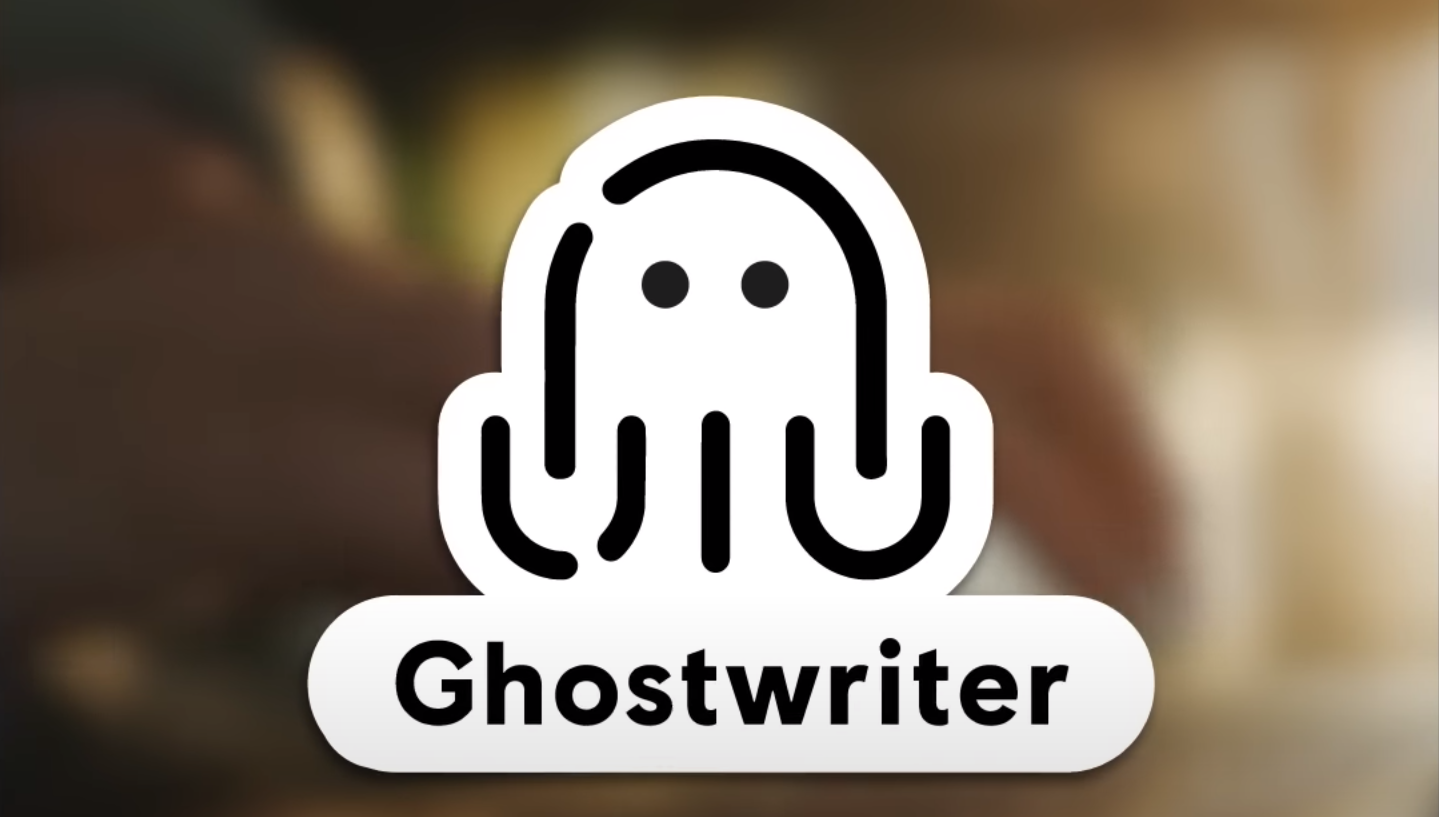
Comment Editor Weronika Białek explores the usage of AI in game development and the potential impacts that it has upon the game industry and art form alike
Ubisoft has announced that it is introducing a new AI tool called “Ghostwriter”. The main use of Ghostwriter is described as a tool which will “support scriptwriters by generating the first draft of [their] NPC barks,” barks being the phrases and sounds NPCs make when the player interacts with them. “Ghostwriter effectively generates first drafts of barks — phrases or sounds made by NPCs during a triggered event — which gives scriptwriters more time to polish the narrative elsewhere,” wrote Ubisoft’s Roxane Barth.
Ubisoft is not the only company jumping onto AI gaming creation tools
However, Ubisoft is not the only company jumping onto AI gaming creation tools. A game demo called Smallville, created by a team of researchers from Stanford in collaboration with Google makes use of the AI writing tool ChatGPT to create video game characters who have more realistic conversations and interactions with each other.
Joon Sung Park, one of the key researchers of the project, predicts that we may be seeing this type of technology being implemented into indie games in about a year and a half, and wider adoption following in about 5 years.
Steve Collins, the technology chief of King, the creator of Candy Crush Saga has described AI as an “explosion of opportunity. The company bought an AI called Peltarion last year, the job of which is to gauge levels’ difficulty. Collins explained that “it’s like having a million players at your disposal.” Similarly, Electronic Arts and Google have received patents for using AI in game testing.
It seems as if AI is taking over the gaming industry like a storm, however this decision to include AI in the process of game creation has raised concerns in gamers, especially when it comes to replacing creative jobs.

Discontent in the Use of AI to Develop Games
Video games are seen by many people as a form of art, and so, many people hope to see human creativity in a video game, rather than a product which is AI generated.
Many people hope to see human creativity in a video game
This belief that humans are more successful at being creative than AI isn’t unjustified. According to Artem Koblov, creative director at indie developer Perelesoq Studios, the text created by AI “always somehow feels shallow. There’s no depth, no subtext, no nuances and insight.” Raj Patel, former product manager on Watch Dogs: Legion, told Kotaku that he didn’t think that AI games could be “wholly original, bespoke, [and] from scratch with the same quality” as existing AAA games.
The reality of AI right now is that it learns from information which we input, which although doesn’t differ greatly from how people get creatively inspired, AI seems to be much more inclined to reproduce dialogues or acts from the scenarios it already knows, rather than creating completely original work.
This is why many companies are using AI currently to create background dialogue, and still having it checked and adjusted by writers. Some companies are also using AI to come up with storylines, which the writer can then take inspiration from, to help reduce the time spent on coming up with ideas and make writing for video games more creatively fulfilling.
It can be true that AI can help with creating the more tedious work
However, even though it can be true that AI can help with creating the more tedious work, such as thousands of lines of NPC dialogue, it also brings up the question whether this will devalue writers’ work and get rid of junior writer positions which help aspiring quest writers break into the industry.
According to Florence Smith Nicholls, story tech at the award-winning indie studio behind Mutazione, AI could make artists’ work less valued. Sneha Deo, an AI ethicist from Microsoft, explains that “Humans trick themselves into thinking if a machine can do it, then the [labour] that the humans are adding to it isn’t as valuable because most of it is automated.” This means that jobs which appear thanks to AI may not pay a reasonable amount.

The undervaluing of writers and artists isn’t exactly a problem with AI, however. Instead, as Nicholls pointed out, it is rather caused by the value that people assign to creative jobs. Although the introduction of artists’ work to create AI could lead to companies getting rid of entry-level jobs, companies can keep offering these positions if they care about being able to hire trained professionals in the future, just like some offer internships now, even though it may not be financially the best choice.
The undervaluing of writers and artists isn’t exactly a problem with AI
Lastly, another major concern over AI being used in video game creation, is that it could infringe on copyright and potentially unethical use of its own art. For example, in April, Liberal Democrat minister of Japan, Keiko Nagoaka, stated that AI companies can use whatever data they want to train generative AI programs.
Following on from this, an online survey conducted in May, whose respondents included illustrators, photographers and writers in Japan, found that 93.8% of them are worried about copyright infringement, and 58.5% are worried about losing their jobs.
Many respondents pointed out that developers have used illegal websites which store copyrighted works without permission to train their AI models, and call for a revision to copyright laws that allow AI models to use copyrighted works without permission.
The agreement does not ban the companies from using copyrighted materials
In Europe, an early EU agreement plans to make it legally binding for companies which use generative AI tools to disclose copyrighted material used to develop their systems. Although, the agreement does not ban the companies from using copyrighted materials, as this was considered by some committee members, but ultimately abandoned due to a transparency requirement.
This is perhaps not the decision that many artists would have hoped for, but with the existence of the internet which allows us to openly access virtually any copyrighted material, there is the question of how efficiently a law which banned companies from using copyrighted works in AI training could be applied.

The Past and Future of AI in Gaming
The reality is that AI has been used in games for years. Examples include Minecraft, which uses AI to generate an infinite amount of worlds, or The Last of Us, which uses AI to create the behaviours of characters which you aren’t playing, such as Ellie when you play as Joel.
With AI becoming more popular and more accessible, it is inevitable that video game companies will jump onto implementing AI in their game creation process, as not doing so could set them behind their competition. Not only that, but it’s clear that AI has the potential of speeding up the video game creation process, which currently usually takes years.
The ethics behind using AI is currently still a grey area
The ethics behind using AI is currently still a grey area, since there are so few laws to guide us in what is right and wrong when using AI, and instead we have to rely on companies having their own values which they stick to when using AI for creative reasons or to write code.
Many companies, such as Ubisoft are claiming that they are implementing AI to solve problems which writers complained about and to make writers’ work more creatively fulfilling, and if this actually ends up being the case, and AI ends up creating more creative positions rather than decreasing the value of artists, then we can hope for AI being a force used for good rather than having a dystopian image of the effects of AI on the gaming industry.
Watch the announcement of Ghostwriter here:
Read more gaming opinions here:
Should Video Games Be Adapted?

Comments